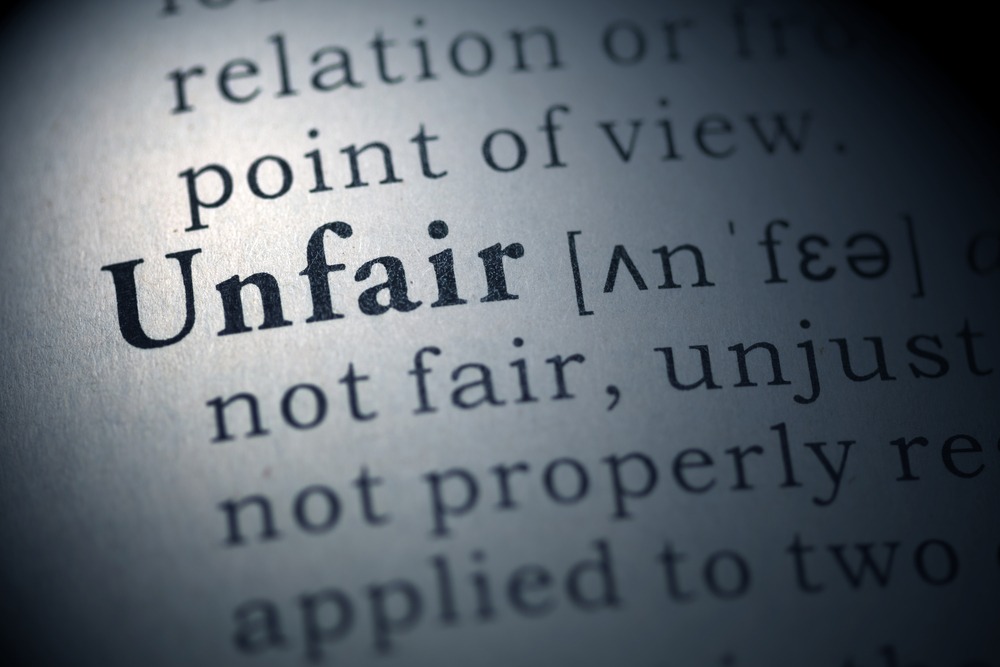A recent decision of the Federal Circuit Court has found that a “no refunds” clause relied upon by a cruise ship operator to hold onto the money of passengers whose cruise was cancelled due to inclement weather is unlawful.
Ferme v Kimberley Discovery Cruises Pty Ltd [2015] FCCA 2384 involved a cruise ship operator, Kimberley Discovery Cruises (KDC), who had contracted with a number of passengers for a two week cruise along the coast of the Kimberley region in Western Australia. The cost of the cruise was approximately $7,500 per person, which was paid in advance by each passenger. Shortly before the cruise was to depart, a Category 4 tropical cyclone entered the area and KDC cancelled the cruise for safety reasons.
KDC subsequently organised accommodation and entertainment for the affected passengers until it was safe for commercial flights to resume. Subsequently, KDC relied on the following provision (the Clause) in its terms and conditions in order to deny a refund to the affected passengers:
The carrier will endeavour to follow the Cruise itinerary as described in the brochure and the passenger accepts that the carrier has the right to vary the itinerary or cancel the Cruise if the carrier considers that this is necessary as a result of some Unexpected Event or prevailing inclement weather conditions and the passenger accepts that the passenger will not be entitled to any compensation or a refund of the fare paid should this occur except as provided for in these terms and conditions.
Fortunately, all of the passengers were able to claim for the cancellation under their travel insurance. Their insurance providers (the applicants) subsequently exercised their right to recover against KDC and brought an action on the passengers’ behalf.
The applicants argued that the Clause was unfair under section 23 of the Australian Consumer Law (ACL), which provides:
23 Unfair terms of consumer contracts
(1) A term of a consumer contract is void if:
a. the term is unfair; and
b. the contract is a standard form contract.
(2) The contract continues to bind the parties if it is capable of operating without the unfair term.
(3) A consumer contract is a contract for:
a. a supply of goods or services; or
b. a sale or grant of an interest in land;
to an individual whose acquisition of the goods, services or interest is wholly or predominantly for personal, domestic or household use or consumption.
Section 24 of the ACL provides that a term is unfair if:
1. it would cause a significant imbalance in the parties rights and obligations arising under a contract; and
2. it is not reasonably necessary in order to protect the legitimate interests of the party who would be advantaged by the term; and
3. it would cause detriment (whether financial or otherwise) to a party if it were to be applied or relied on.
Section 27 of the ACL provides that a consumer contract is a standard form contract unless a party can prove otherwise and outlines the factors that the court may take into account when determining whether a contract is a standard form contract, such as the relative bargaining power of the parties, whether parties were given an effective opportunity to negotiate and when and how the contract was prepared.
KDC argued that that the contracts were not standard form contracts within the meaning of section 27 of the ACL. However, the court found, despite KDC’s assertions to the contrary, that there was no ability for passengers to negotiate the terms and conditions for the contract nor was there evidence had KDC ever allowed a passenger to do so. In view of these findings, the court found that the contracts were standard from contracts within the meaning of the ACL.
In relation to unfairness, KDC asserted that it used the forfeited fares to accommodate passengers by providing flights, tours and accommodation above and beyond its contractual obligations. The court however found that unfairness is to be determined as at the time the contract is entered into. The court also held that there was a significant imbalance between the parties because although KDC had accommodated the passengers in the manner mentioned, there was no contractual obligation for them to do so and so “the argument relied upon the good will of [KDC] towards its customers, something that might wax and wane.”
Turning to the matter of detriment, KDC argued that the passengers had in fact benefited from the forfeiture of the fares because KDC was able to use those funds to provide alternative accommodation and entertainment for them. The court rejected this argument, again highlighting that there was no contractual obligation for KDC to do so.
Lessons for businesses
This case highlights that businesses must take particular care in drafting standard form contracts such as their terms and conditions or terms of trade. Businesses must take particular care to ensure that the provisions of their standard form contracts cannot be construed as “unfair” pursuant to section 23 of the ACL. This is especially important where amounts paid under a contract are to be forfeited before the contract, or a substantial part of it is performed. In such cases, a business would need to be able to prove that the forfeiture is justified by costs already incurred or that were incurred pursuant to their obligations under the contract.
Lessons for consumers
The case also emphasises the necessity for consumers to carefully scrutinise the fine print of any standard form contracts into which they enter. Consumers should be acutely aware of their rights under the ACL and not be afraid to dispute terms that are unfair.

